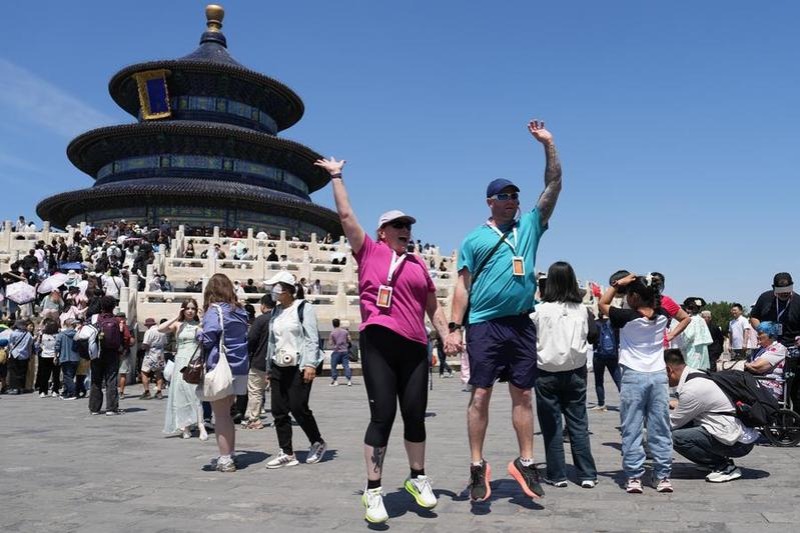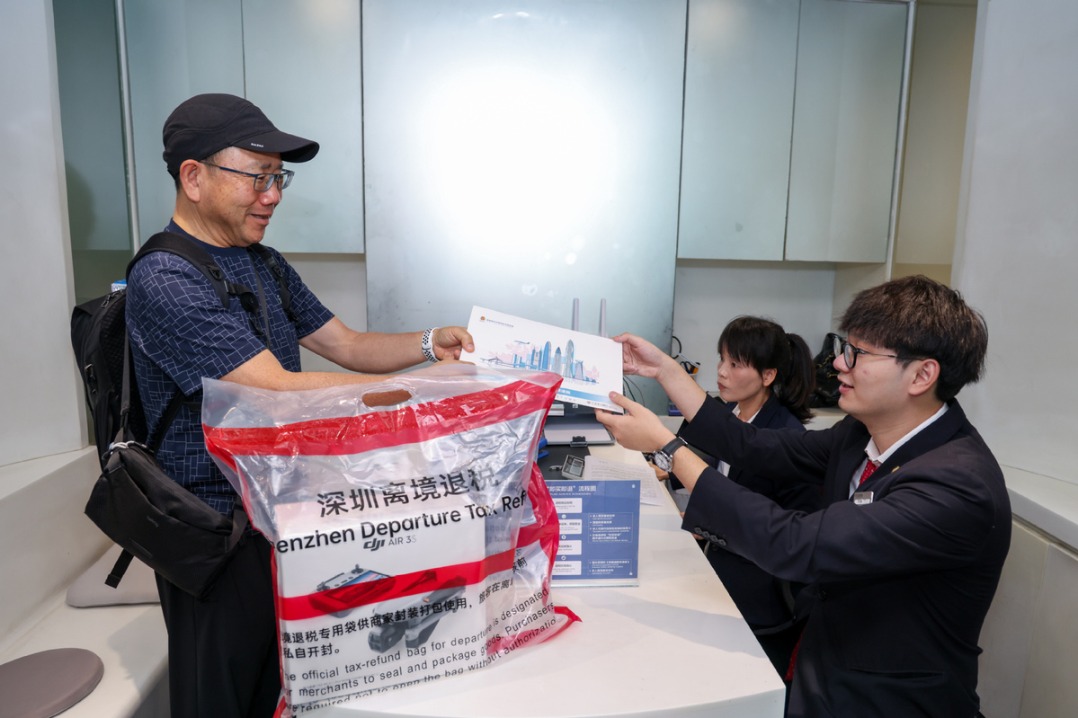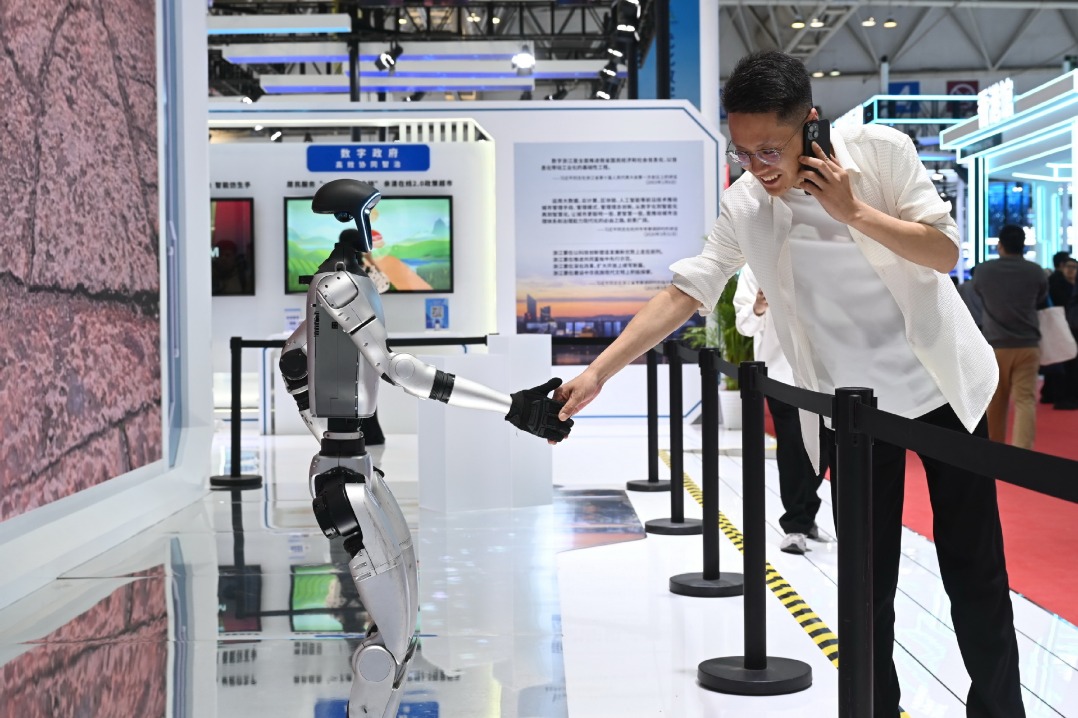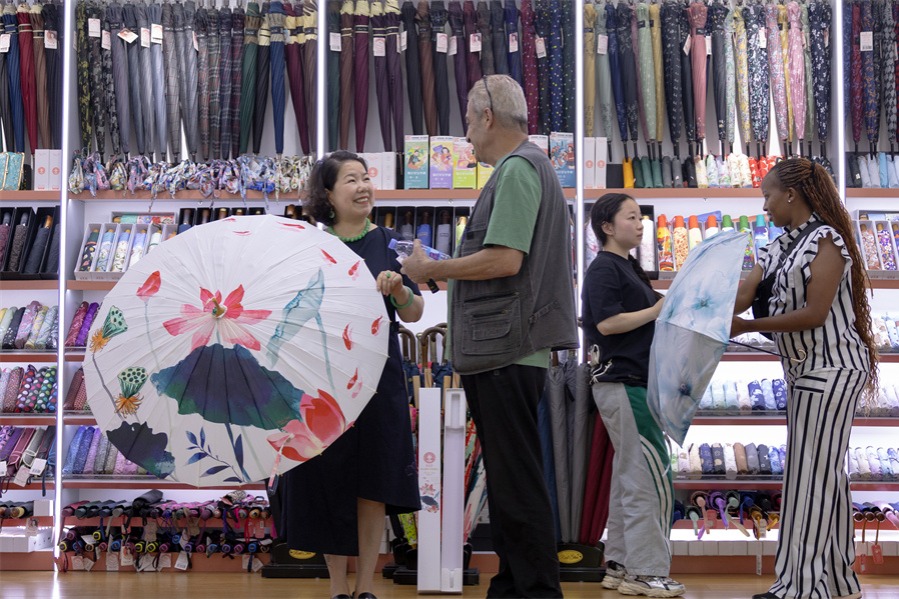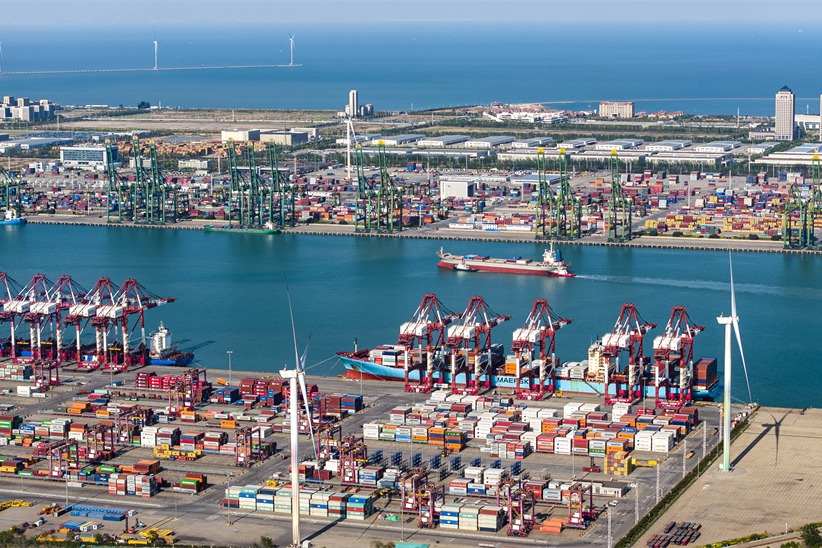HarmonyOS PCs around corner
Operating system to compete with Windows, macOS comes to market after 5-year R&D

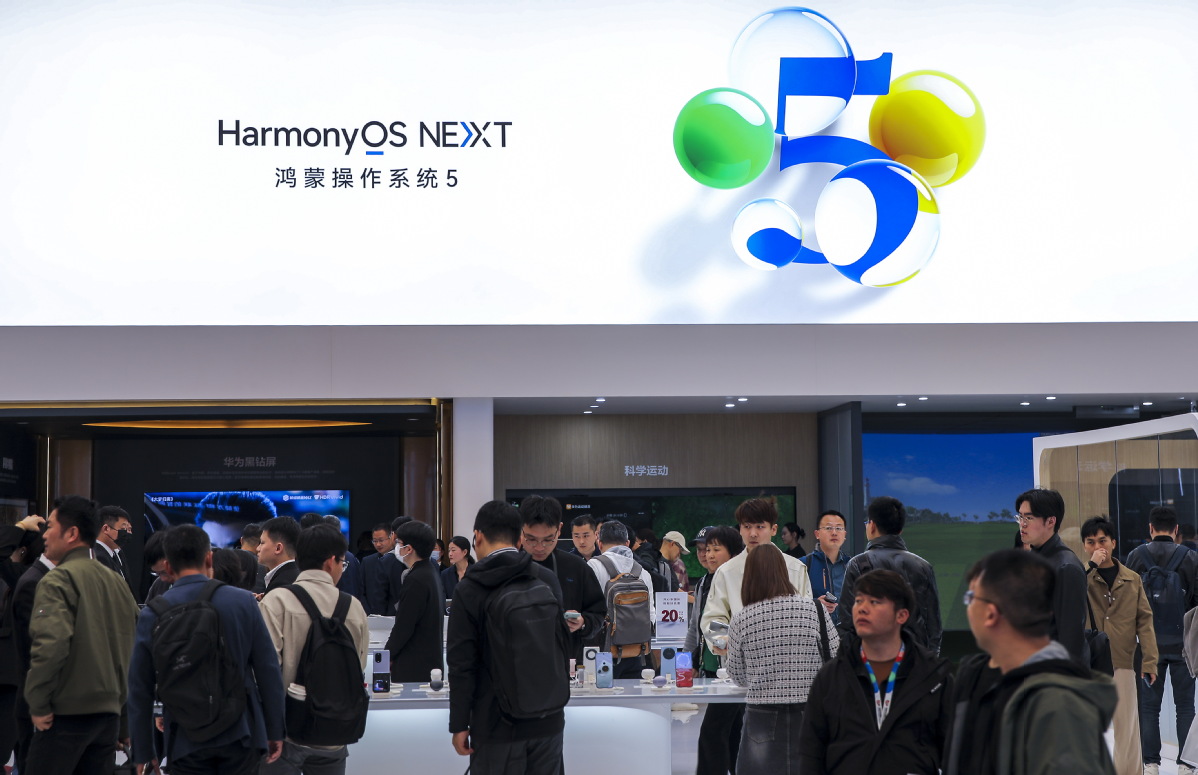
Huawei Technologies announced on Thursday it will launch on May 19 personal computers powered by its self-developed operating system HarmonyOS, as the company aims to break the dominance of Microsoft's Windows and Apple's macOS as the main computer operating systems.
Zhu Dongdong, president of tablet and PC product line at Huawei's device business group, said at a meeting in Shenzhen, Guangdong province, that the HarmonyOS for PCs leverages over 2,700 core patents and five years of research and development efforts, involving more than 10,000 top engineers and 20 research institutes.
It is meant to redefine the future of computing with a secure, intelligent and interconnected experience, Zhu said.
For decades, the global PC operating system market has been dominated by Microsoft's Windows and Apple's macOS, while domestic alternatives have largely relied on Linux-based modifications. Huawei wants to break this paradigm by developing its own PC operating system — HarmonyOS, the company said.
According to Zhu, HarmonyOS integrates hardware, software, chips and cloud capabilities to deliver breakthroughs in AI-powered features and cross-device collaboration.
Huawei's upcoming PCs will run on HarmonyOS 5, which brings AI capabilities directly to the device level, reducing reliance on cloud connectivity. Its "develop once, deploy everywhere" framework slashes development costs and time, addressing long-standing challenges for domestic software adapting to Windows' complex ecosystem, Huawei said.
Zhu said that more than 2,000 applications are being adapted to HarmonyOS PCs, with more than 300 of them already available.
According to Huawei, there are 7.2 million app developers for its HarmonyOS ecosystem.
Chinese partners like Feishu showcased optimized apps at the conference, highlighting seamless cross-device functionality. Social platforms like RedNote and Bilibili have also migrated to HarmonyOS PC, merging mobile convenience with desktop productivity.
HarmonyOS was first unveiled as an Android alternative in August 2019, three months after the US government added Huawei to its Entity List, restricting the Chinese company's access to crucial US technologies.
Since then, Huawei has been working hard to push for wider adoption of HarmonyOS in cars, smartwatches, home appliances and other internet of things devices.
HarmonyOS surpassed Apple's iOS to become the second-best-selling mobile operating system in China in the first quarter of 2024, according to market research company Counterpoint.
The debut of HarmonyOS on PCs shows that all of Huawei's devices can be powered by its in-house operating system, said Xiang Ligang, director-general of the Zhongguancun Modern Information Consumer Application Industry Technology Alliance, a telecom industry association.
Han Juke, deputy head of the China Communications Industry Association, said this marks a breakthrough in China's software industry.
Future success requires strong ecosystem support and good market strategies. The next few years will be a critical period to test whether HarmonyOS can grow into a world-class operating system, experts added.


















